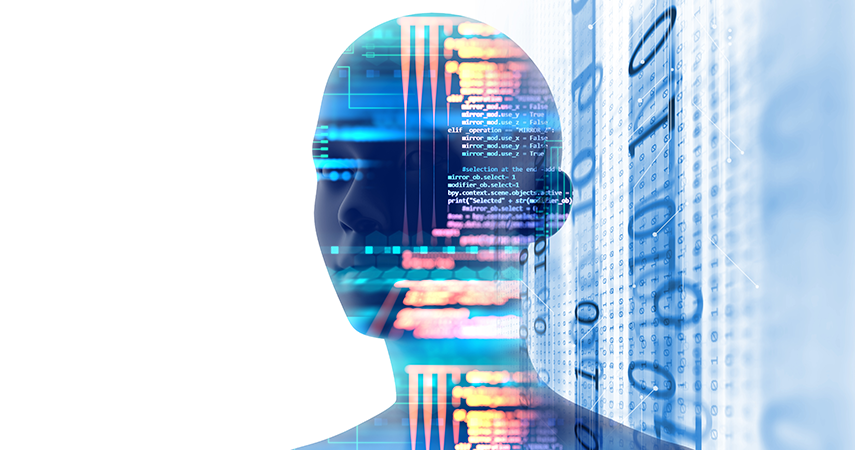Fighting cybercrime with AI

Economic loss as a direct result of cybercrime is predicted to hit $3 trillion by 2020 and an estimated 74% of businesses are likely to be hacked over the course of this year. How can AI lead the charge in the fight against cybercrime?
Many high profile attacks have made headlines in 2019, including the attack on Capital One which compromised the data of over 100 million Americans, showing that cyberattacks can have wide-ranging and long-lasting effects to both consumers and businesses. Unfortunately, despite the efforts to mitigate the threat or contain these attacks, they still persist.
In March 2019, the CEO of an energy firm gave the go-ahead on a €220,000 transfer, under instruction from who he believed to be his superior. It was soon discovered that the call was fraudulent, and the criminals responsible had used artificial intelligence to create a deepfake convincing enough to fool the CEO.
With what is now becoming a relatively simple technology to utilise, getting easier and more accessible by the day, these criminals bypassed layers of security to prey on the human element in a chain of otherwise digital, sophisticated, cybersecurity protocols. But the blame doesn’t fall solely at the feet of human staff.
Weak links in the cybersecurity chain
The security chain in any business is made up of numerous weak links, despite each company’s best efforts to safeguard their assets. Points of entry are abundant for those who know how to exploit them, and cyberattackers are becoming adept at navigating the web of measures put in place by each business.
This September, DoorDash announced that they too had been on the receiving end of a data breach which compromised the personal information of 5 million customers and delivery drivers. Home addresses, names, encrypted passwords, email addresses and phone numbers were among the breached data.

Now, companies are turning to AI to fight cybercrime.
Firdaus Mogul, CEO and founder of Check an Invoice, a company which uses AI to detect fraudulent invoices, has hope that AI can play its part in effectively combat the threat of attacks. Check an Invoice was launched to counter simple BEC (business email compromise) attacks which, in 2018 alone, cost businesses in the UK over £90 million.
“Using AI to solve common cyber threats that affect all of us and results in billions of pounds of losses is very exciting, and it’s fantastic to see technology not only identifying and preventing fraud but making it affordable, too.”
Leveraging collective might to fight cybercrime
Many industry commentators have spoken on the disjointed and scattered cybersecurity ecosystem, noting that partnerships in both private and public sectors must be forged. Born from this very notion, the World Economic Forum’s Centre for Cybersecurity seeks to leverage collective might, in order to:
Foster global governance
Support governance at the enterprise, regional and international levels, including through the development of effective risk-management practices and cybersecurity policies
Stimulate efforts to reduce cybercrime
Deter cybercrime by identifying, implementing and enforcing measures that counter popular criminal models, including high-gain/low-risk.
Facilitate global cybercrisis management
Heighten organizational cyber preparedness and resilience as part of broader efforts to build global capabilities in managing and mitigating cybercrisis.
Anticipate future threats and risks
Project future cyber-risks and work with our partners to address and respond to these risks from a global, industrial and organizational perspective.
Develop a global cybersecurity workforce
Establish a network of partners to actively build the future cybersecurity workforce to meet global human capital demands.

Uniting to counteract the threat and safeguard assets
As the cyberthreat landscape continuously evolves, companies must adapt to survive the increasing risks. Industry 4.0 presents numerous technologies capable of doing just that, and AI is central to the way in which these threats take shape in both attack and defence.
With the World Economic Forum’s drive for interconnected, global solutions, businesses will able to rely on experts in key areas to advise and act on harmful attacks. Through unity, these organisations will be able to stay abreast of the latest security measures in order to counteract any developing threats. And, by diminishing the risk associated with what is an inevitable, looming threat, companies should be able to secure and safeguard their assets, allowing their reputation, not to mention the trust of their customers, to remain intact.
